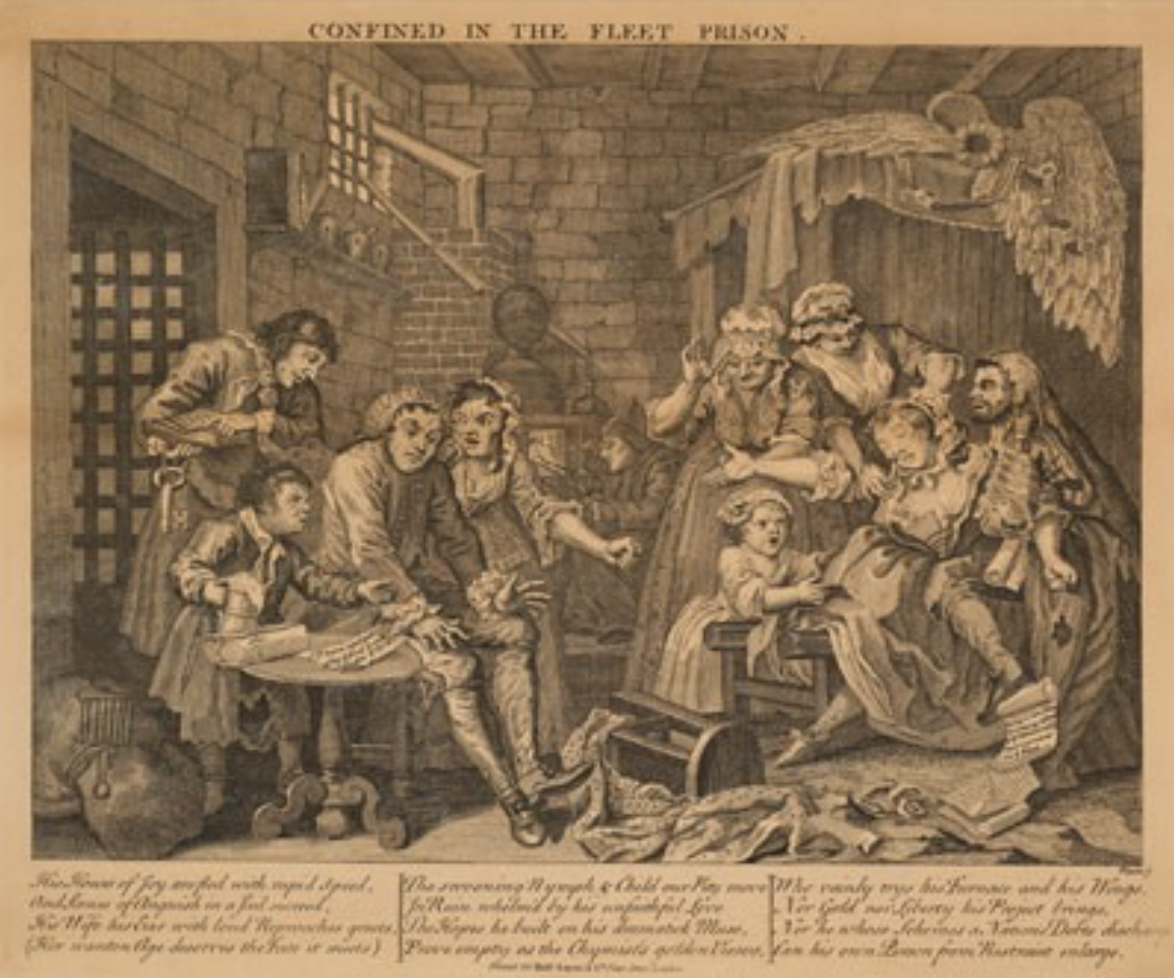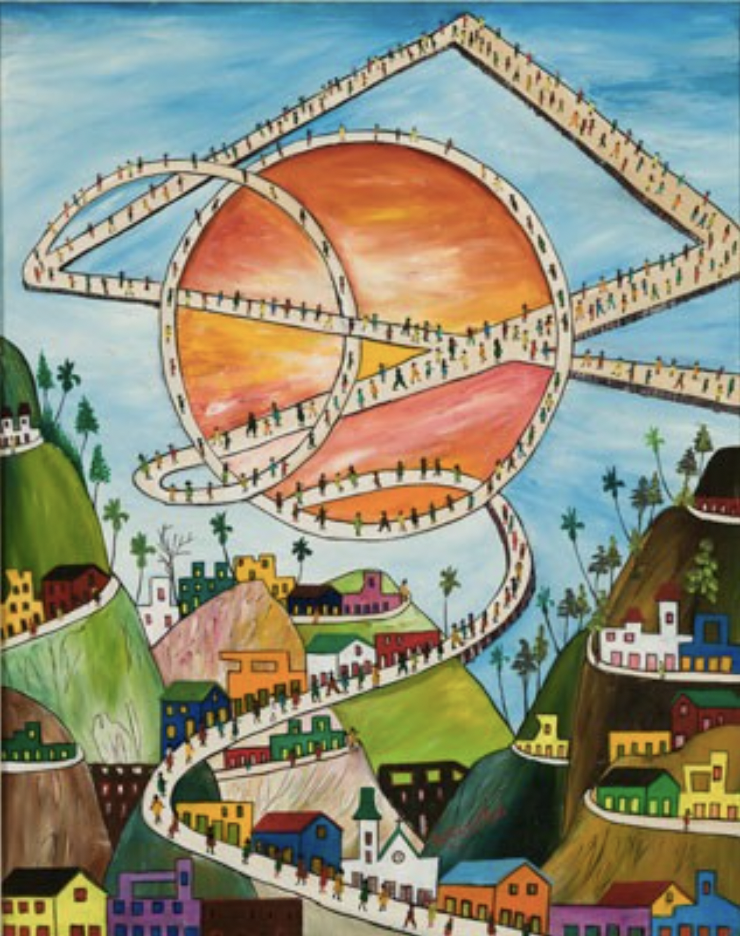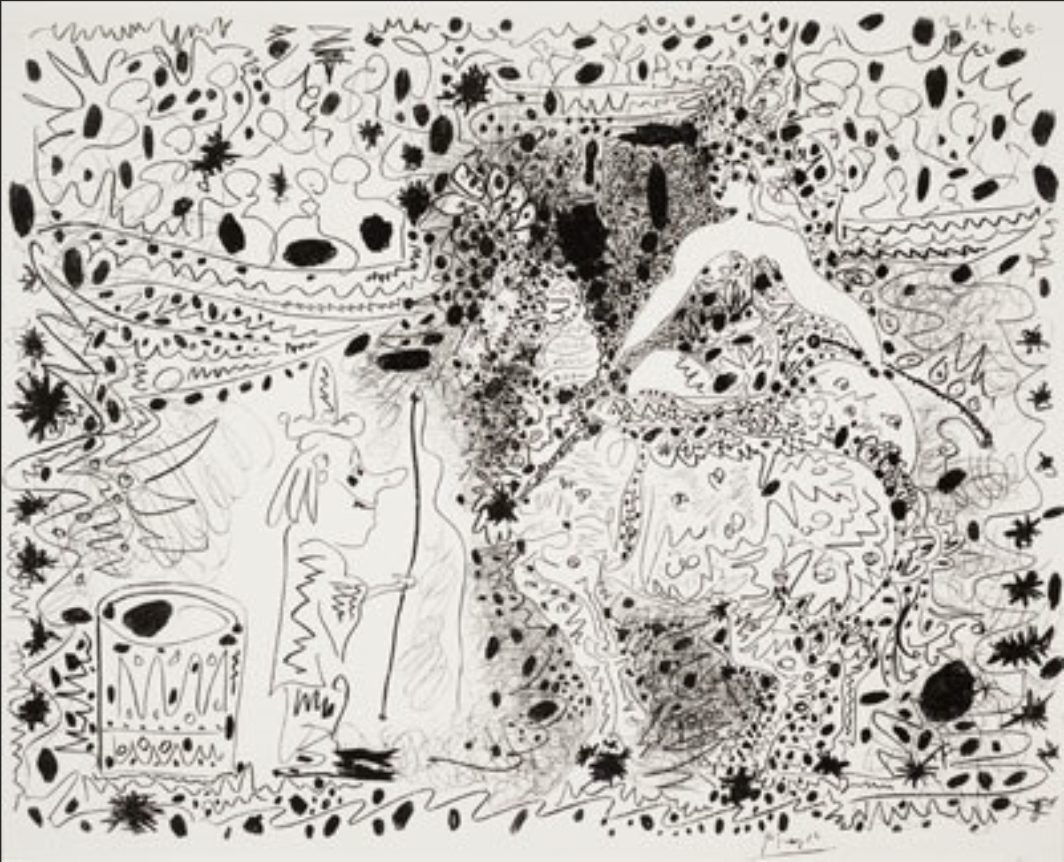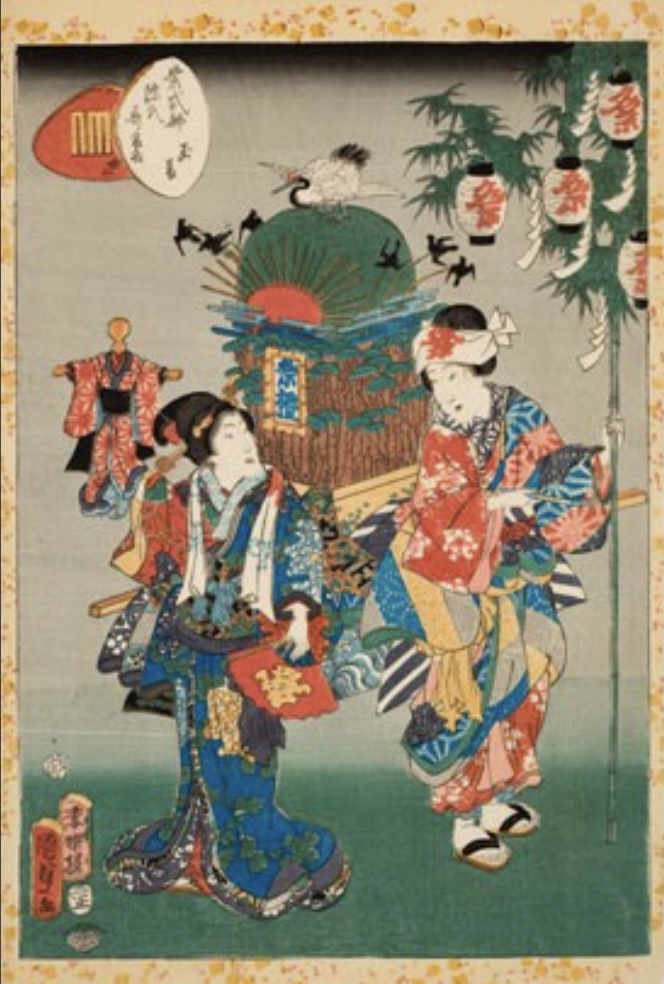This semester, we welcome students and faculty from the following UW classes and departments into the museum:
CRMJ 4860 & 5860: Social Inequality, Crime & Criminal Justice
- Dr. Julie Kuper, Assistant Professor, Department of Criminal Justice & Sociology
INST 4500 & 5500/GEOG 4500& 5500: Landscapes of the Americas | INST 4555 & 5555/POLS 4555 & 5555/ENR 4890 & 5890/GEOG 4555: Political Ecology
- Dr. Nicholas Crane, Associate Professor, Geography Program, School of Politics, Public Affairs, and International Studies
- Dr. Zoe Pearson, Associate Professor, Geography and International Studies, School of Politics, Public Affairs, and International Studies
MUSC 1380, 3280 & 5780: Wind Ensemble
- Dr. Matthew Schlomer, Assistant Professor, Department of Music
FCSC 2175: Fashion Illustration
- Dr. Erin Irick, Associate Professor, Design, Merchandising and Textiles Program Unit, Department of Family and Consumer Sciences
Course descriptions
CRMJ 4860 & 5860: Social Inequality, Crime & Criminal Justice
Dr. Julie Kuper, Assistant Professor, Department of Criminal Justice & Sociology
This course provides an in-depth look at social inequality and its impact on crime, criminal justice, and the law. Particular emphasis will be given to the individual and interactive effects of race, class, and gender inequality. Critical theoretical perspectives that promote social justice will be the primary analytical focus.
INST 4500 & 5500/GEOG 4500& 5500: Landscapes of the Americas | INST 4555 & 5555/POLS 4555 & 5555/ENR 4890 & 5890/GEOG 4555: Political Ecology
Dr. Nicholas Crane, Associate Professor, Geography Program, School of Politics, Public Affairs, and International Studies | Dr. Zoe Pearson, Associate Professor, Geography and International Studies, School of Politics, Public Affairs, & International Studies
This installation is a collaboration between Professors Nicholas Crane and Zoe Pearson, whose courses examine the relationship between humans and the environment through critical and interdisciplinary lenses.
Landscapes of the Americas begins with an introduction to landscape as an object of study in the social sciences and humanities, and to landscape interpretation as a methodology. Students read across a trans-disciplinary literature, from a cultural-geographical perspective, and focus on selected examples of landscape study in the Americas, to consider how landscapes have been made meaningful for social-ecological processes in the hemisphere.
Political Ecology is a multidisciplinary field of study and conceptual approach that emphasizes the role of politics, power relations, and inequality in the study of human-environment relations. This course considers how a political ecology approach can help rethink environmental knowledge and problem solving in a variety of contexts locally, domestically, and globally. In particular, students will learn how critical theory can be used to challenge “normal” environmental narratives. The course begins with an investigation of the key foundations of political ecology thinking (e.g., political economy; peasant studies; ecology), moving on to consider how critical theory from feminist, post-colonial, urban, and science and technology studies have pushed the field in new directions. While doing so students will apply political ecology’s insights to contemporary environmental issues. The course centers hands-on and experiential approaches to learning.
MUSC 1380, 3280 & 5780: Wind Ensemble
Dr. Matthew Schlomer, Assistant Professor, Department of Music
This course will develop individual, chamber, and large ensemble performing skills at the highest standards through rehearsals, performance, and individual practice. The UW Wind Symphony will represent the university and the state of Wyoming in prominent public facing concert events performed with excellence, artistry, and deep commitment to communicating the power of music.
FCSC 2175: Fashion illustration
Dr. Erin Irick, Associate Professor, Design, Merchandising and Textiles Program Unit, Department of Family and Consumer Sciences
This course builds on basic drawing and rendering skills in development of all aspects of the fashion figure. Students learn proportion and shading of the figure in addition to rendering of color and texture for their own designs using the fashion figure. The first two thirds of the semester are spent learning hand rendering and the last third is spent applying these concepts digitally.
Funded through the generosity of the Patricia R. Guthrie Special Exhibitions Gallery Endowment.






